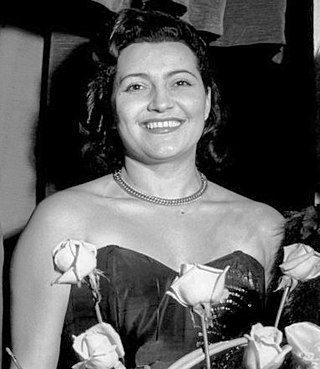
Adionilla Pizzi, known by her stage name Nilla Pizzi, was an Italian singer and actress.

Gian Luigi "Gianni" Morandi is an Italian pop singer, actor and entertainer. It is estimated that Morandi has sold about 50 million recordings.
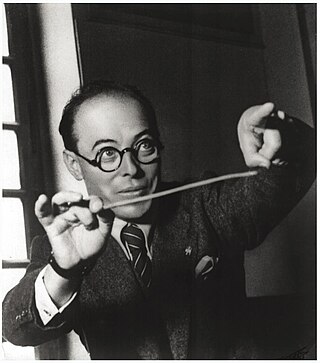
Giuseppe "Pippo" Barzizza was an Italian composer, arranger, conductor and music director.

Silvana Savorelli, professionally known as Lara Saint Paul and also known as Tanya, was an Italian Eritrean singer, entertainer, impresario and record producer.

Pier Michele Bozzetti, known by his stage name Miko Mission, is an Italian singer.

Amedeo Minghi is an Italian singer-songwriter, composer and producer.
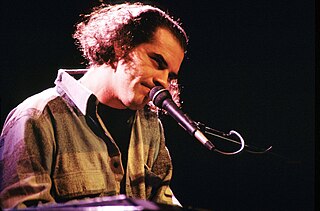
Francesco Baccini is an Italian singer-songwriter.

Remo Germani, the stage name of Remo Speroni, was an Italian singer and occasional actor, mainly successful in the 1960s.

Bruno Filippini was an Italian singer, mainly successful in the 1960s.
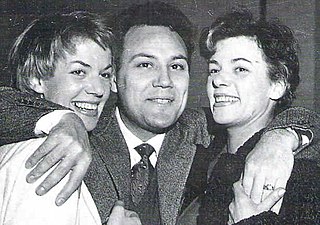
Duo Fasano were an Italian pop musical and vocal duo, mainly active in the 1950s.
Andrea Lo Vecchio was an Italian composer, lyricist, record producer, singer-songwriter and entrepreneur.

Nello Segurini was an Italian composer, conductor, and pianist.
Furio Rendine was an Italian composer, lyricist, producer, organizer and conductor.
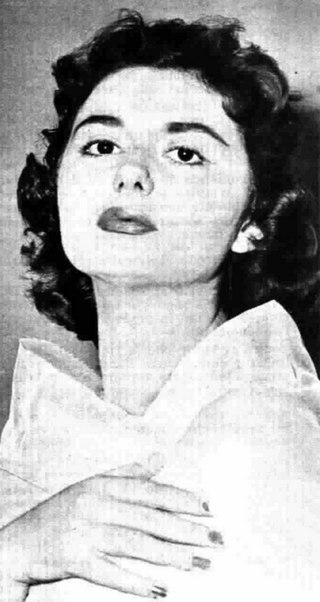
Gloria Christian is an Italian Canzone Napoletana singer, mainly successful between the second half of the 1950s and the 1960s.
Ladri di Biciclette is an Italian funky-R&B band, mainly successful between late 1980s and early 1990s.

Germana Caroli was an Italian singer, mainly active in the 1950s.
Mario Panzeri was an Italian lyricist and composer. He is well known for his composed songs that include "Maramao perché sei morto?" "Pippo non lo sa", "Lettera a Pinocchio", and "Grazie dei fiori", which won the first edition of the Sanremo Music Festival in 1951.
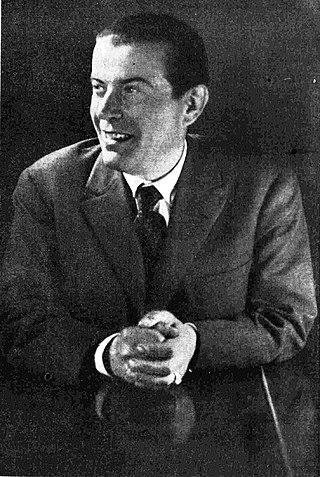
Angelo Cinico, best known as Cinico Angelini, was an Italian conductor, arranger and violinist.

Vittoria Mongardi was an Italian singer and actress, mainly successful between the second half of the 1940s and the 1950s.

Elsa Mazzetti, better known as Cocky Mazzetti, was an Italian pop singer, mainly successful in the 1960s.
















